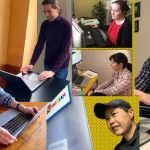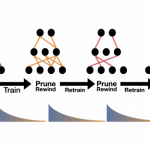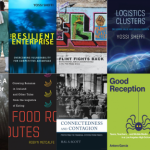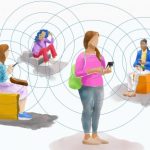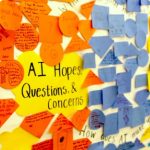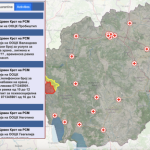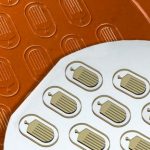Weekly calls keep students connected to the...
When the MIT campus is alive, it nearly sings with innovation and excitement. Students sustain one another with activities ranging from building in makerspaces to psetting in residence halls to pick-up soccer games on the fields. But how can they remain connected during a pandemic, where physical distancing is the new normal? What can replace the informal chats with faculty members after class? Throw in remote learning — and the Infinite Corridor seems infinitely far away. Enter the MIT...

